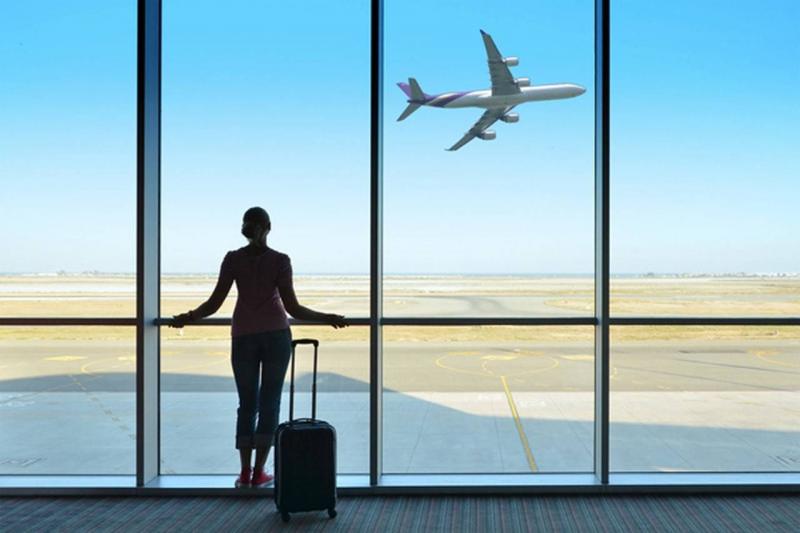It is expected that up to 4.7 billion people will travel by plane this year. Despite the joy of the travel experience, flying can impact our bodies more than just causing fatigue and ear popping. An expert shared how flying can have a "significant" effect on the lungs due to the reduced air pressure within the cabin environment.
The air pressure inside airplanes is believed to be 75% of what we are accustomed to at sea level; thus, lower oxygen levels can cause problems for some. Dr. Lawrence Cunningham, a medical expert at UK Care Guide, explains that for healthy travelers, the reduced air pressure usually does not cause many issues as our bodies often "adapt" without serious complications.
However, even an average passenger may experience some symptoms of low air pressure, as it can cause discomfort, fatigue, increased heart rate, or mild shortness of breath. Cunningham warns that some passengers may have a more challenging journey than others on board, stating, "Those with conditions such as chronic obstructive pulmonary disease or asthma may experience worsening symptoms, such as coughing and difficulty breathing."
Additionally, the low humidity in the cabin can lead to dry airways, which can further affect the lungs and cause respiratory symptoms. Individuals with such conditions should consult a general practitioner before flying to discuss precautions and the potential need for supplemental oxygen during the flight.
Dr. Cunningham provided four key steps to take before air travel that can help improve comfort and combat the effects of reduced oxygen levels:
1. Stay hydrated: He explains, "Cabin air is extremely dry, and dehydration can worsen feelings of shortness of breath. I always advise drinking plenty of water before and during the flight."
2. Get up and move: Light stretching and movement during your flight helps enhance circulation and can aid in maintaining optimal lung function.
3. Use saline nasal spray before the flight: This will keep the nasal passages moist to help defend against airborne pathogens.
4. Practice deep breathing exercises: These can be "particularly beneficial" in countering the effects of lower oxygen levels. He adds, "These exercises help improve lung capacity but also help to keep you calm and reduce anxiety, which can indirectly affect breathing efficiency."




